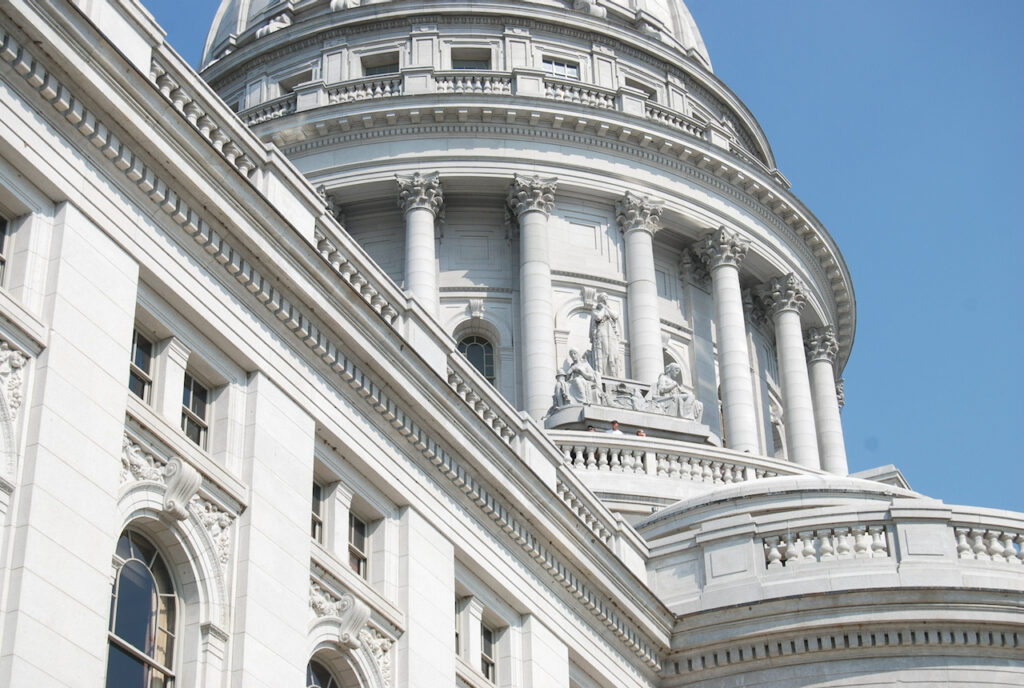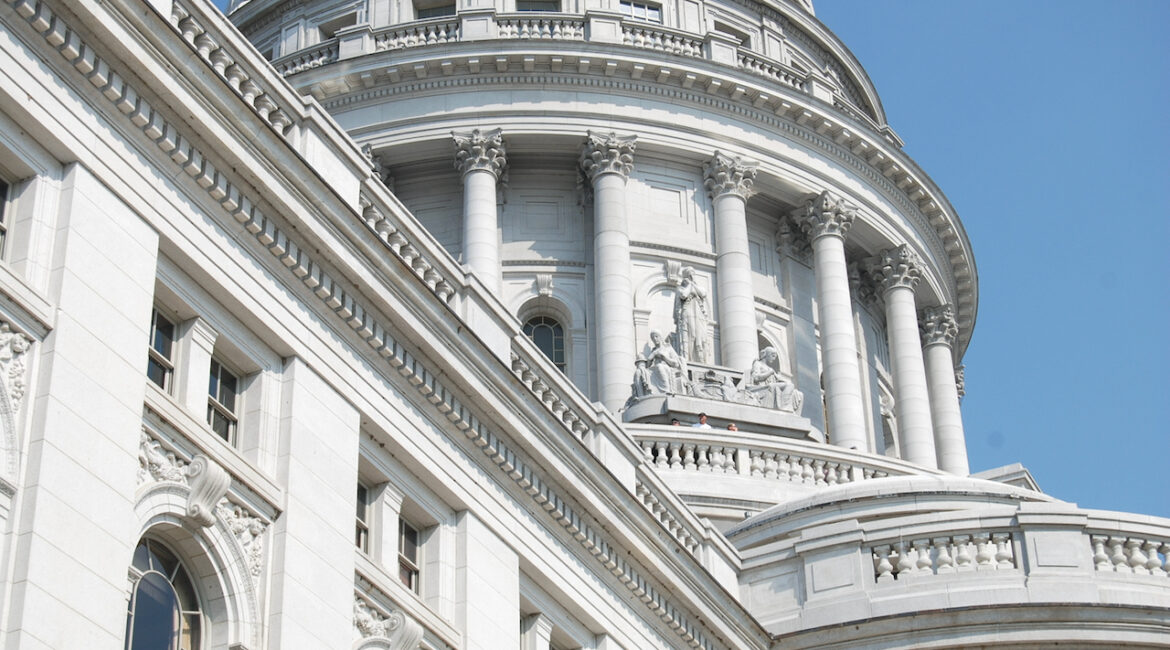Editor’s note: The following story has been shared for publication by The Badger Project, which, according to its website, is a nonpartisan, citizen-supported journalism nonprofit in Wisconsin. A link to the publication is here: https://thebadgerproject.org.
By Peter Cameron/The Badger Project
The Wisconsin State Supreme Court issued a ruling earlier this month that open government advocates say deals “a body blow to the state’s traditions of open government” and encourages public agencies to work in greater secrecy.
In a decision earlier this month, the high court weakened the ability of public records requesters to recoup attorney fees from government agencies who deny their requests, reversing decades of legal precedent.
The ruling, handed down in Friends of Frame Park v. City of Waukesha on July 6, requires a requester who has filed suit seeking records to first obtain a favorable court ruling on the merits of that request before recovering attorney fees from the government agency that refused the request.
It’s a seemingly small shift, but a significant one.
The position breaks the longstanding practice of Wisconsin courts directing government agencies to pay a requester’s court fees if the agency releases the records before a court decision and the lawsuit was determined to be the cause of the release.
Wisconsin’s Open Records Law states “Except as otherwise provided by law, any requester has a right to inspect any record.”
Government agencies can deny public records requests according to specific exemptions in state law. But if a government agency denies a request and the requester sues in court for those records, the court can order the agency pay the requester’s attorney fees if the court rules those records were held illegally, according to state law.
At issue in the Friends of Frame Park case is the word “prevails” in a section of the Open Records Law. That paragraph says a court “shall award reasonable attorney fees, damages of not less than $100, and other actual costs to the requester if the requester prevails in whole or in substantial part in any action” to obtain public records.
In his opinion for the four-judge conservative majority on the seven-judge state Supreme Court, Justice Brian Hagedorn wrote that the word “prevails” means a records requester must get a court to rule in their favor to have attorney fees awarded.
Previously, Wisconsin courts had interpreted the word “prevails” to mean the requester had shown that their litigation had prompted the government agency’s release of records.
In a concurring opinion, the three other conservative justices contended that any release of public records automatically invalidates requester claims for attorney fees. Hagedorn and his decisive fourth vote would not go that far.
“We save this issue for another day,” he wrote.
Even without the harsher decision, David Cuillier, president of the National Freedom of Information Coalition and director of the University of Arizona School of Journalism, called the ruling “a setback for transparency in Wisconsin, no doubt.”
“It opens the door for agencies to game the system — keep records secret, wait for someone to sue, if that happens at all, and if someone does sue, just hand over the records before the court rules to avoid paying the requester’s legal fees,” he continued. “Delay, delay, delay.”
The Wisconsin Freedom of Information Council, which called the ruling “a body blow to the state’s traditions of open government,” added that the conservative majority on the state Supreme Court “has created new opportunities for authorities to deprive the public of access to public information.
“The Open Records Law states that state and local authorities in Wisconsin must provide requested records “as soon as practicable and without delay,” the council said in a formal statement after the July 6th ruling. “The new standard created by this decision is “whenever you feel like it, even after you have been sued for not complying.”
In dissenting from the majority opinion, the court’s three liberal justices said the ruling promotes more secrecy in government.
“By reinterpreting the law to reward government actors for strategically freezing out the public’s
access to records, today’s decision will chill the public’s right to an open government,” Justice Jill Karofsky wrote.
Compared to other states, Wisconsin previously had a fairly strong Open Records Law, Cuillier said.
“Unfortunately, most states have weak fee recovery provisions in their laws, and this puts Wisconsin in that same bucket now,” he said. “That’s too bad because preliminary research indicates that strong mandatory fee-shifting provisions are correlated with more transparent government agencies. Government officials are more likely to follow the law if there are financial repercussions at stake. It’s human nature. So now Wisconsin officials can more easily hide from the people they serve. That’s a shame.”
Transparency advocates are brainstorming ways in the courts and legislature to minimize the damage of the ruling, said Tom Kamenick, president and founder of the Wisconsin Transparency Project, a law firm focused on the state’s Open Records and Open Meetings laws.
“There is no question the Supreme Court made it significantly more difficult to obtain attorney fees,” Kamenick said. “That will make it harder to file lawsuits, which in turn incentivizes custodians to break the law knowing they are unlikely to face consequences for doing so.”
Kamenick represents The Badger Project in a pending open records case against the Wausau Police Department.
The Wisconsin Freedom of Information Council and Kamenick called on the legislature to clarify the state’s Open Records Law to return it to the previous standard.
State legislators in Wisconsin already have exempted themselves from the requirement that all government employees retain their records. Some state legislators regularly delete their emails at the end of the day.

Wisconsin Supreme Court Justice Brian Hagedorn

David Cuillier, president of the National Freedom of Information Coalition.
Two photos above courtesy of The Badger Project.

Wisconsin State Capitol, file photo/Kim McDarison.
This post has already been read 1017 times!
